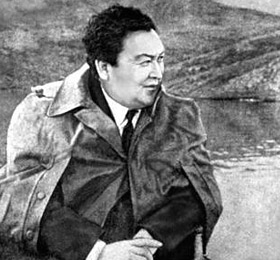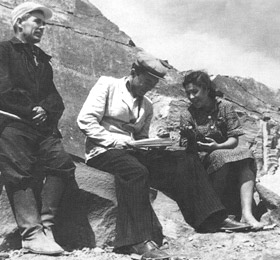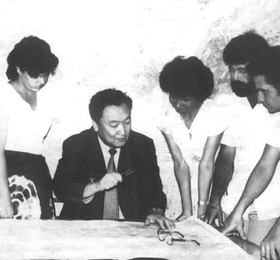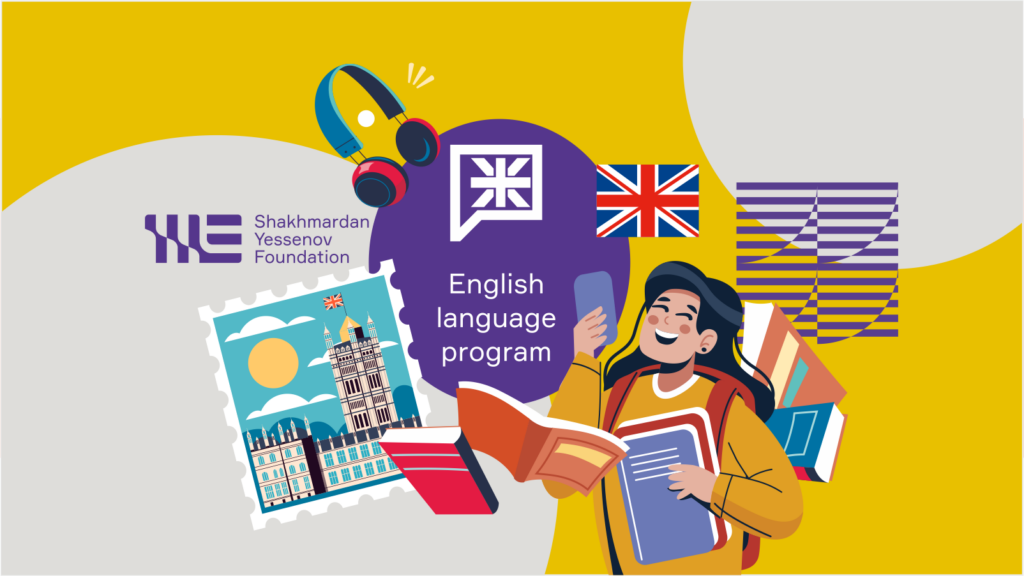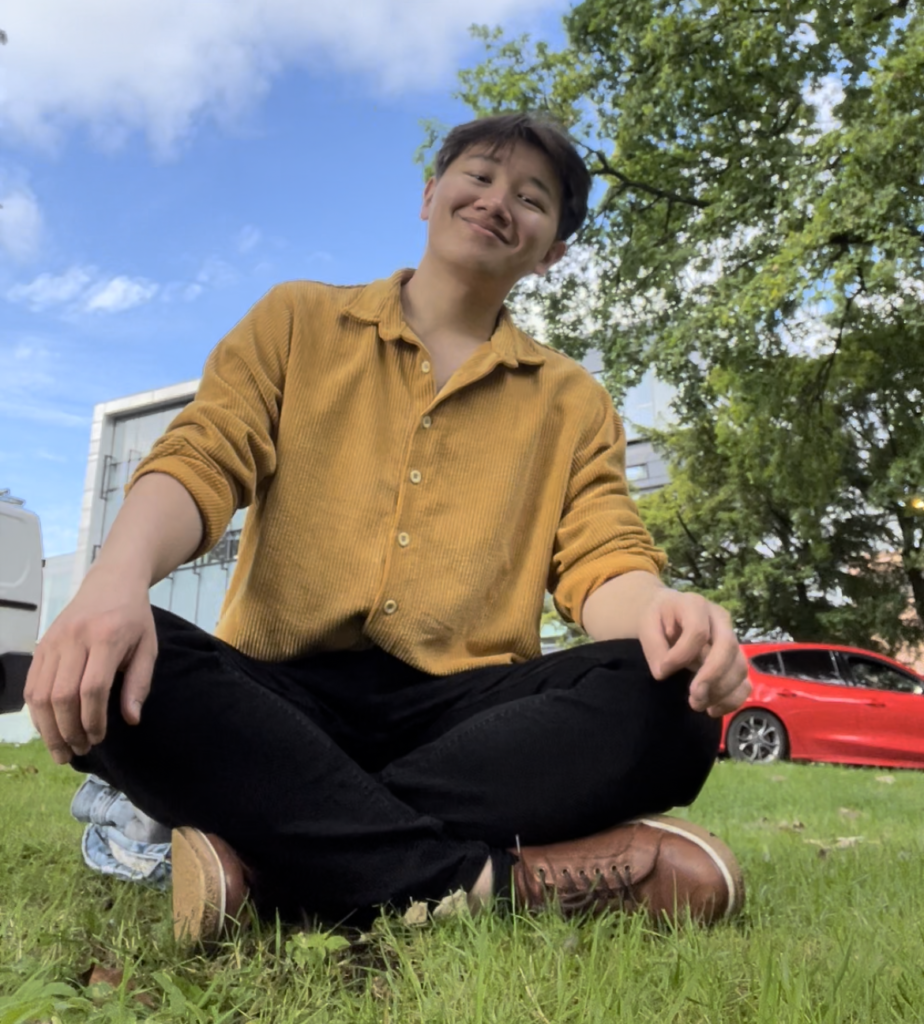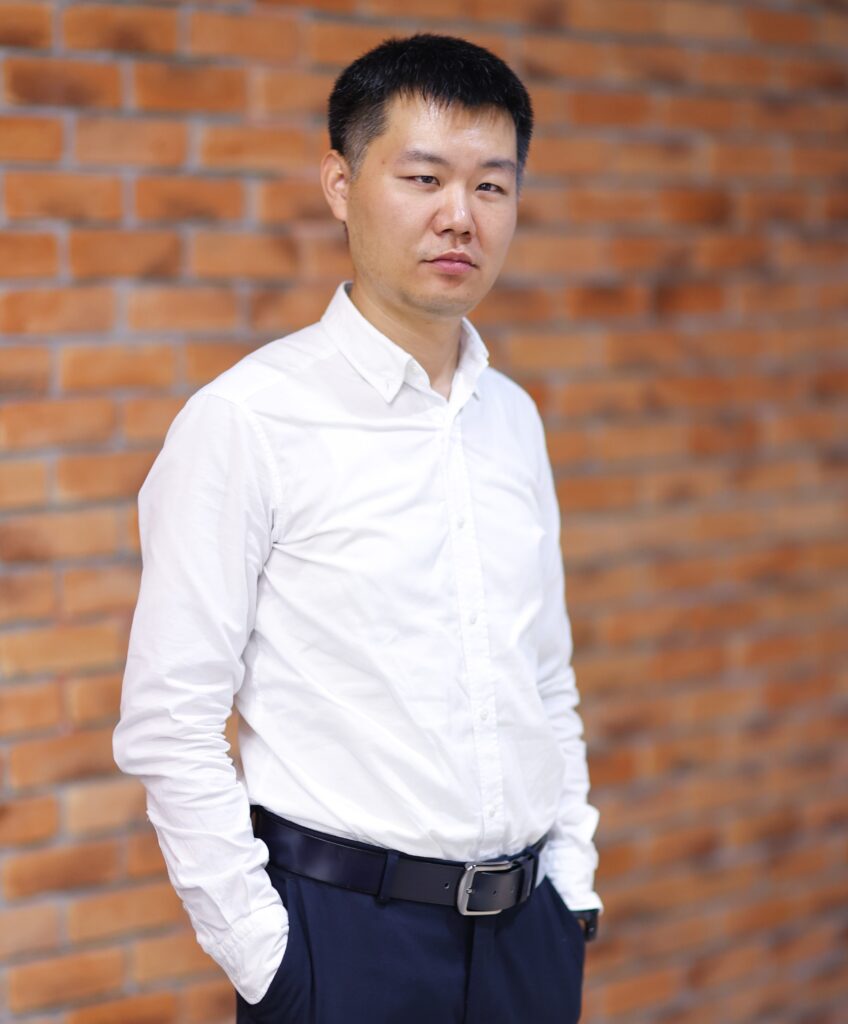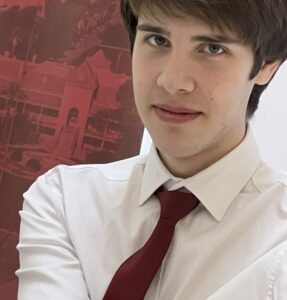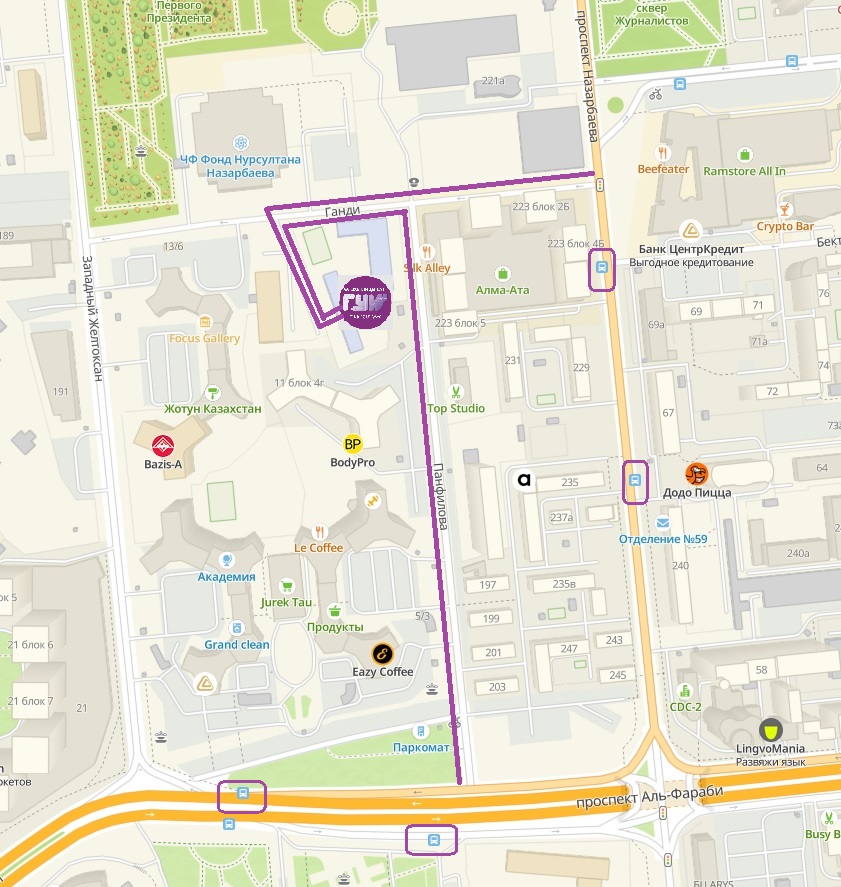Nail Beisekenov
Specialization: Ecology and Conservation Biology. Internship: Austin Peay State University, the USA
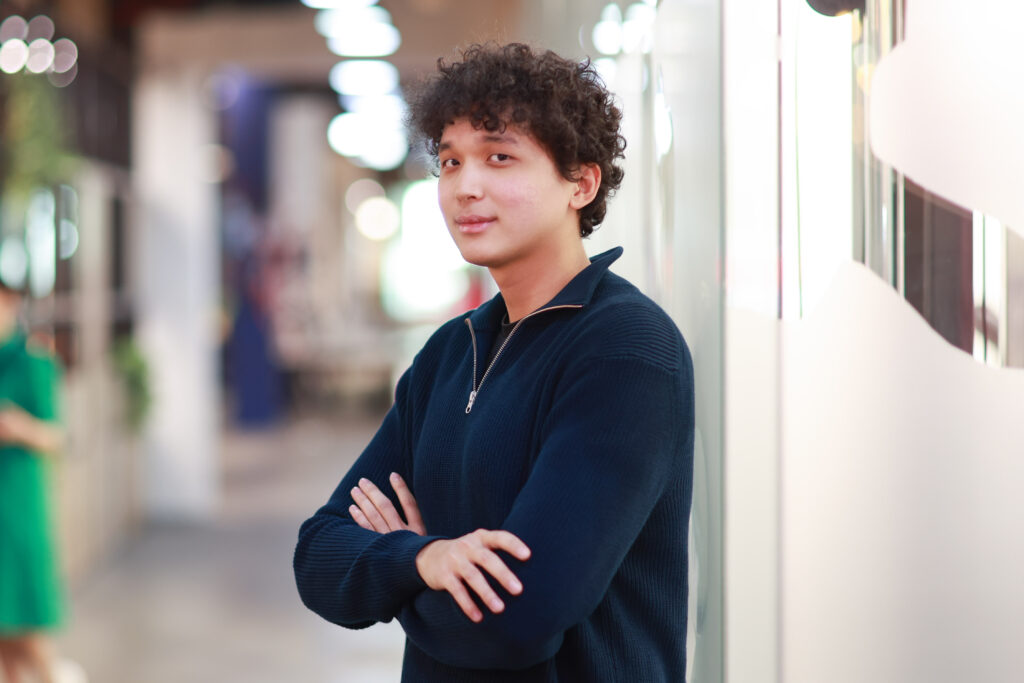 Nail, 24, is currently a PhD student and research assistant at Texas A&M University, and the author of more than 40 scientific publications. He graduated with a bachelor’s degree with honors from D. Serikbayev East Kazakhstan Technical University, and later earned his master’s degree in Japan. Two years ago, he also won the Shakhmardan Yessenov Foundation Research Internship Program competition and completed an internship at one of the world’s leading laboratories. What did he work on, what did he learn, and how is it helping him today?
Nail, 24, is currently a PhD student and research assistant at Texas A&M University, and the author of more than 40 scientific publications. He graduated with a bachelor’s degree with honors from D. Serikbayev East Kazakhstan Technical University, and later earned his master’s degree in Japan. Two years ago, he also won the Shakhmardan Yessenov Foundation Research Internship Program competition and completed an internship at one of the world’s leading laboratories. What did he work on, what did he learn, and how is it helping him today?
Choosing a Speciality
I never thought I would go into ecology as I was more drawn to computers and technology in my childhood. After finishing school, I enrolled in the Information Systems program. However, everything changed in the winter of 2019, when I won the Altai 2019 IT hackathon. That victory opened the door to the scientific community for me. I started assisting professors and collaborating with them on various projects. One day, our team developed a project in the field of Earth remote sensing and smart agriculture, submitted an application and won several grants. Gradually, my technical interests began to merge seamlessly with ecology.
Yessenov Foundation Competition
One day, I came across a post in the University news feed stating that the Yessenov Foundation was offering an opportunity to complete a research internship at the world’s leading laboratories. There was only a week left until the deadline, but I decided to apply, though my chances were minimal. I noticed that in the entire history of the Foundation no one from my university had ever won the competition, and that gave me an additional motivation. I submitted my application and… became the first-ever winner from EKTU.
Each stage of the competition was memorable in its own way, but the interview stood out. The atmosphere was surprisingly warm and inspiring – it wasn’t a formal selection process but a sincere conversation about science, goals, challenges, and dreams. I felt that the Foundation was truly interested in each participant’s personality and unique story. It was more than just a competition. It was an important experience that gave me confidence.
Why I Won
I believe it’s because I stayed true to myself. At every stage of the competition – from the essay to the interview – I simply spoke honestly about my journey, why science matters to me, and what I want to change in it. I would advise future participants not to try to appear perfect. The Foundation values not template answers, but sincerity, passion, and a clear understanding of why you are pursuing science. When you speak from the heart, people feel it, and that’s far more powerful than any ‘correct’ words.
Finding a Laboratory
When I was looking for an internship, many universities, including NASA, responded too late – my master’s program in Japan had already started, and I had no time to wait. So, I decided to take a simpler approach: as part of a project with the Ministry of Science, I collaborated with Professor Eugene Levin from Michigan Technological University, and it was he who recommended that I reach out to Dr. Michael Wilson, Director of the APSU’s GIS Center. The Center was involved in an eco-monitoring project funded by the state of Tennessee and NASA, and they welcomed me onto the team. There, I analyzed satellite data and developed an interactive platform on Google Earth Engine to track changes in climate, landscapes, and soil conditions. That’s how I became part of Austin Peay State University.
What I Achieved
During my internship at the APSU’s GIS Center, I worked on projects focused on environmental monitoring using NASA data. One of the outcomes was the development of an online portal on the Google Earth Engine platform for analyzing the ecological conditions of Tennessee. This concept later evolved into a global system for monitoring soil erosion and climate change, with the results published in the journal Remote Sensing.
Beyond the research itself, I had the chance to visit several leading U.S. universities, including Stanford, Berkeley, Vanderbilt, and USC. I signed up for all kinds of workshops and presentations, where I had the opportunity to interact with scientists whose work I had previously studied in academic papers. These experiences were deeply inspiring and reaffirmed that I was pursuing the right path.
My Discoveries
With little free time during the internship, I saved the ‘cultural program’ for the end of my internship. In just one week, I managed to visit New York, Los Angeles, Chicago, and San Francisco, getting a feel for the rhythm of the country. But what stuck with me the most was Nashville, just an hour from my lab: my first-ever country music concert and that unique ‘Music City’ atmosphere. In Tennessee, I made friends in the lab and we are still in touch. Professor Eugene Levin often hosted barbecues at his home and invited us over for dinners. It was moments like these that made my experience in the U.S. not only scientific and professional, but also human and warm.
Future Plans
I completed my master’s degree in Environmental Science and Technology at Niigata University in Japan. The studies were conducted under the government’s MEXT scholarship program, supervised by Professor Hideo Hasegawa. I am currently continuing my academic career as a PhD student at Texas A&M University in the Coastal Ecology and Management Lab, specializing in Ecology and Conservation Biology. My work is supervised by Dr. Rusty A. Feagin and forms part of a NASA-funded project. We are researching tipping points in tidal wetland ecosystems, where even minor changes can trigger sudden collapse. I am developing a large-scale satellite monitoring system for the early detection of such instability signs to predict and prevent the degradation of these vulnerable ecosystems. This direction combines everything I am passionate about: ecology, data analysis, and machine learning. In the coming years, I plan to successfully complete my PhD and continue advancing in this field. My goal is to become a professor and apply science to solve real-world environmental challenges. Right now, I genuinely enjoy what I do and want the results of my research to have a tangible positive impact.
Beyond Science
I try to maintain a balance between science and personal interests. I enjoy cooking, almost every weekend I experiment with new dishes and save the recipes that turn out especially well. Jogging helps me recharge, while walking allows me to discover new places nearby. I love exploring my surroundings, finding unfamiliar paths, cafes, and routes. Learning Japanese has become both a genuine hobby and a way to keep my mind sharp. But I have to admit, even in my free time, I often return to my research: reading articles, refining drafts of future publications, and drawing inspiration from science.
22.12.25, Без рубрики, Stories
Seen by: 193


